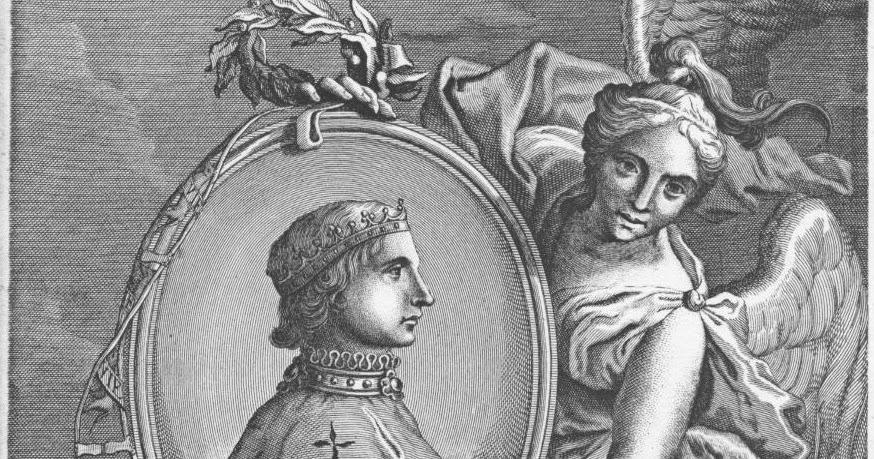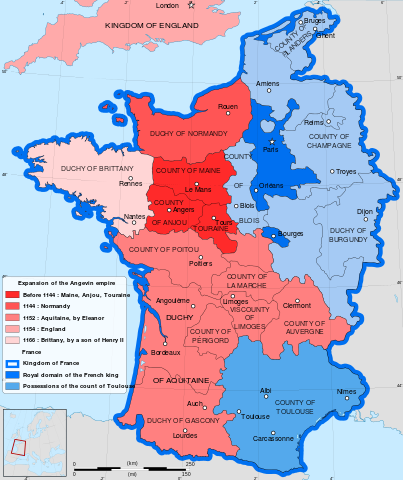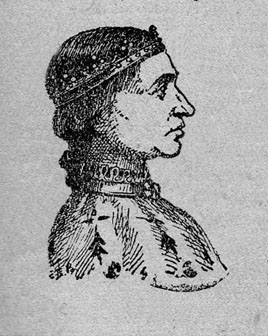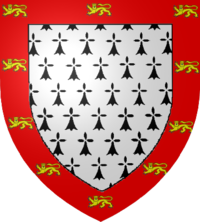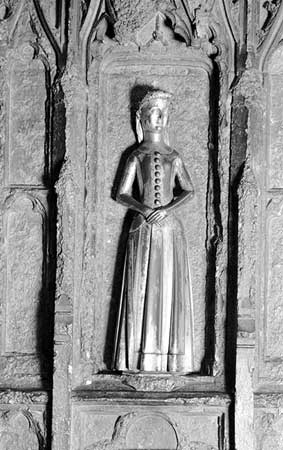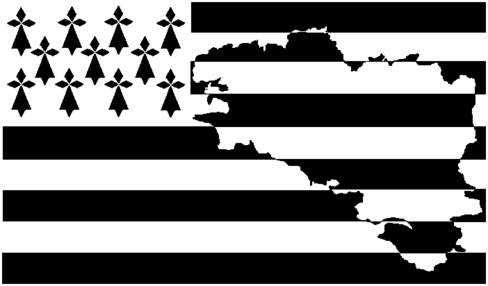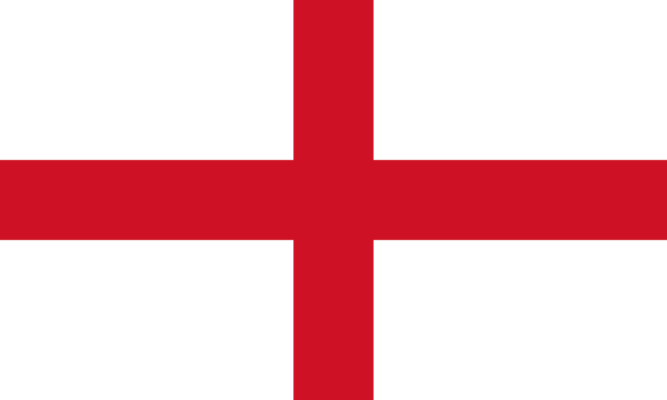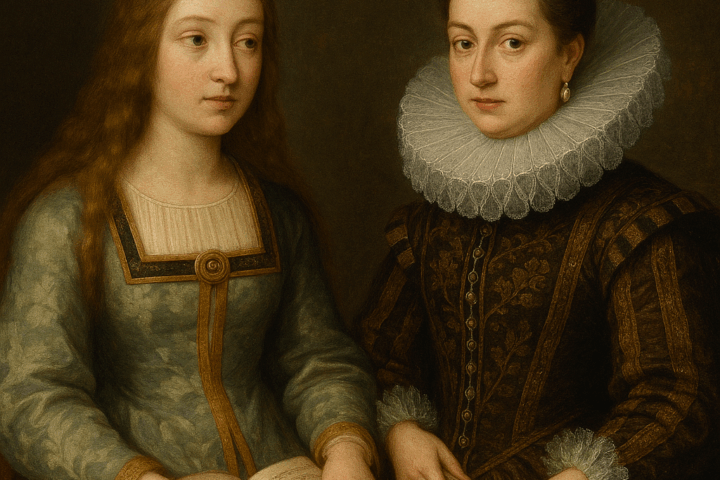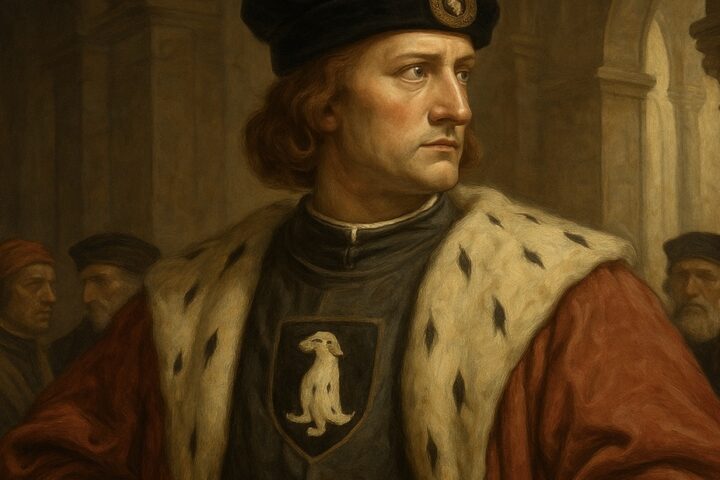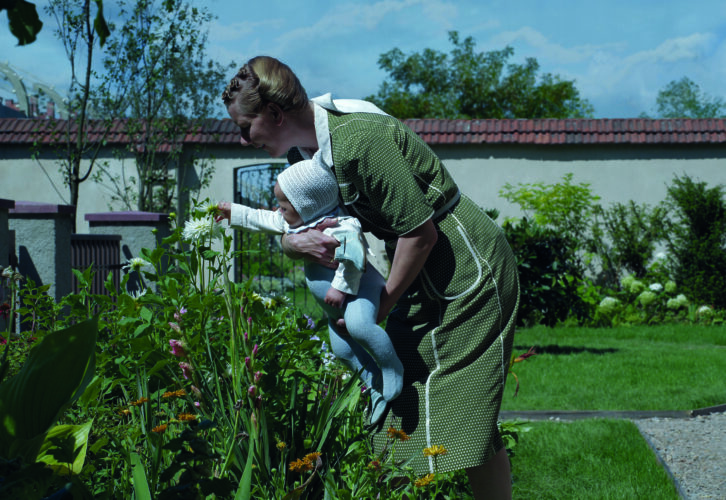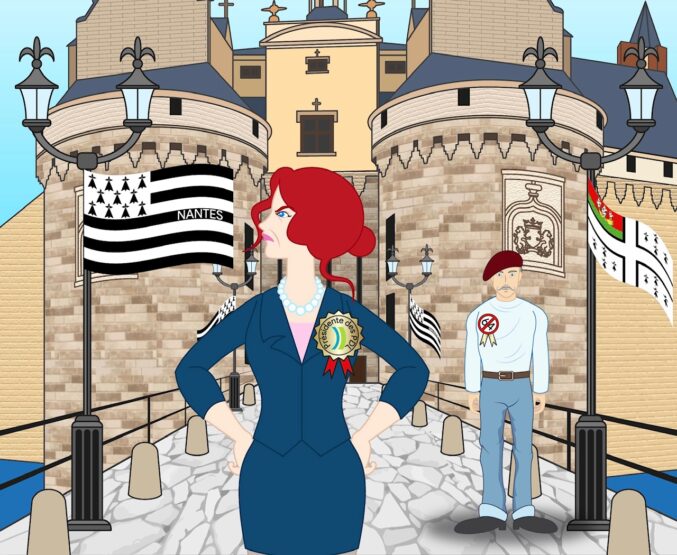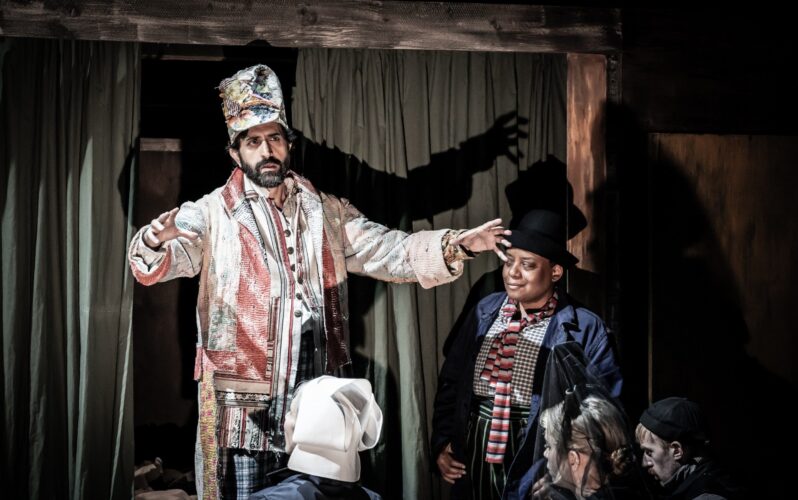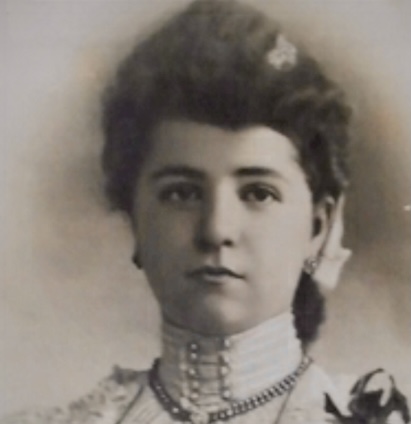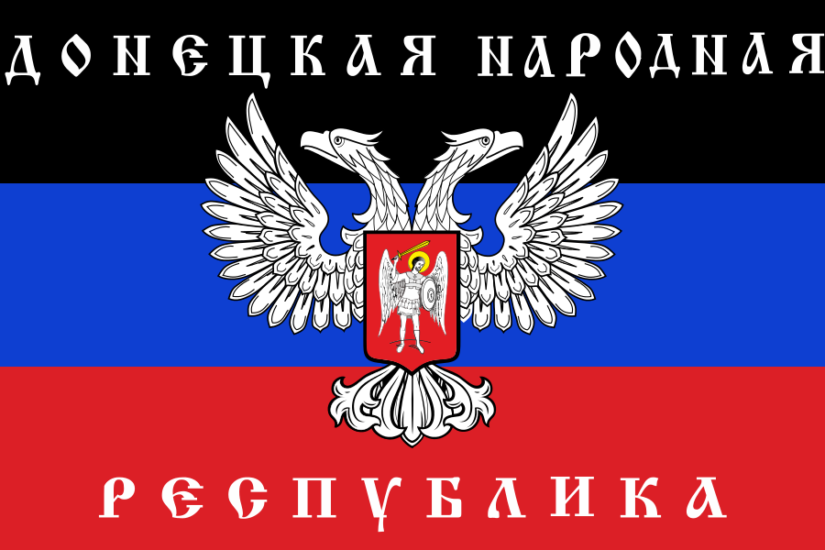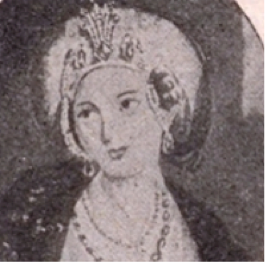England & John IV Duke of Brittany
John IV (Duke of Brittany from 1364 to 1399)
By Pierre Scordia
As in most European courts in the Late Middle Ages, diplomacy carried out by the Montfort in Nantes, Brittany, was highly complex and above all depended on the personality and particular interests of the prince. He shaped his policy to extend or retain his authority; nothing new. If an old alliance began to weaken or threaten his power, he conspired against this ally and may even have declared war. In the name of the sacrosanct alliance linking the Stuarts of Scotland with the Valois of France, the Montfort dynasty, installed on the throne of Brittany thanks to the support of Plantagenet and Lancastrian England, sealed a pact of mutual support in order to ensure political and military supremacy over the common enemy power: France.
The Duke of Brittany, John III, died in 1331 without direct descendants and leaving no instructions concerning his succession. Two pretenders disputed the ducal crown: one his half-brother, John de Montfort, Count of Montfort The Amaury and Lord of Guérande and the other Joan of Penthièvre, daughter of John III’s brother (Guy of Penthièvre), married to Charles of Blois, nephew of the King of France.
This dispute triggered a War of Succession in Brittany between the Penthièvre and the Montfort. In 1341, King Edward III of England took the side of the latter and intervened militarily in the Armorican peninsula; this landing of English troops on the Continent marked the beginning of the Hundred Years War, according to many French historians. This military intervention was not entirely disinterested; in actual fact, the Breton peninsula was of strategic importance to England as it facilitated communication and trade with the English Duchy of Aquitaine, thus representing a great source of revenue for the Plantagenets. However Aquitaine, in theory a stronghold of the French crown, was coveted by the French royal administration, which attempted, albeit with great difficulty, to meddle in the affairs of the duchy.
In exchange for British military aid, the Montfort agreed to support Edward III’s claim to the French throne. They saw no contradiction in dethroning Joan of Penthièvre, effectively ruling out women from the succession in Brittany, while supporting the claims of the King of England, who asserted the rights of his mother, Isabella of France, Queen of England. Edward III thus became the only legitimate descendant of Philip IV the Fair. This cynicism characterizes much of fourteenth century politics.
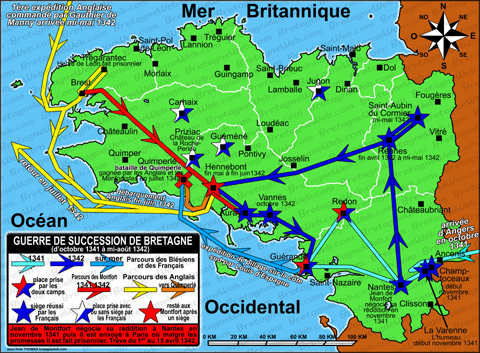 English invasion of Brittany (14th Century) | bretagneweb.com
English invasion of Brittany (14th Century) | bretagneweb.com
John IV, first duke of the new Montfort dynasty (son of John of Montfort and Joanna of Flanders), could probably be described as the most anglophile of the Breton sovereigns. Raised at the Court of England, under the benevolence of King Edward III, he landed in Brittany in 1362 at the head of the Anglo-Breton troops. Two years later at Auray he defeated his opponents, despite their receiving military support from France. From this point on, the duke is nicknamed "John the Victorious" in the chronicles.
John IV liked to surround himself with English nobles at Court. His first two wives, Mary of England (daughter of Edward III) and Joan Holland, as well as his treasurer and receiver-general, Thomas Melbourne, and also other members of his household came from overseas. His anglophile feelings were all the stronger for the fact that he was enjoying his full rights over the county of Richemont, a rich English fiefdom. Indeed, in 1372, John IV signed an alliance with England against France in order to recover the ancestral rights of the Dukes of Brittany in the county of Richemont. Richard II confiscated these in 1381 when John IV signed the second treaty of Guérande with France. In 1398, during his last stay in England, John IV once more won back his rights to enjoy Richemont and was named Knight of the Garter by Richard II.
During his reign, John IV was confronted with a rebellion by the Breton lords who had become dissatisfied with his policies, forcing him to seek refuge in England. It was not so much his anglophile policy that was called into question so much as his attempt to centralize power. Like everywhere else in the West, the nobles would band together when their feudal privileges were threatened. However, the Duke was quickly brought back to power by the great Breton families, including the Penthièvre and regained his crown in 1379 after a failed attempt by French troops to annex Brittany.
FΩRMIdea London, 26th March 2017.
Other articles by the same author:
Joan of Navarre, Duchess of Brittany and Queen of England (from 1386 to 1437)
